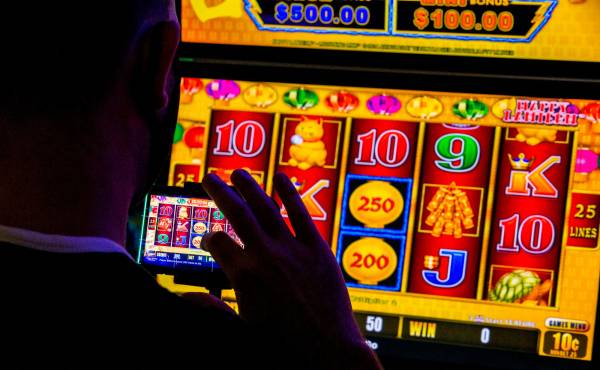Study: Slot Players Don't Notice Return-To-Player Ratio
A recent study by researchers at the University of Nevada Las Vegas (UNLV) came to a startling conclusion, which many feel could shake up the casino world –in terms of game mechanics, house edges, and even marketing.
The work by researchers Anthony Lucas and A.K. Singh simulated hundreds of years of slot play and studied how tinkering with the return-to-player (RTP) ratio affected how much players would spin reels.
Amazingly for most of us in the gambling industry, they found that even lowering RTP from 95% to 90% (thus doubling the house edge) had zero effect on play. As long as slot players were not made aware of the decrease in their chances of winning, there was no statistical difference observed on how much they played.
This finding was not an isolated one either – in fact this was the seventh study from the same team at UNLV that found that casino players did not notice when margins were increased.
What does this study suggest for the casino industry? And how will the industry react to its findings?
The most obvious knee-jerk reaction would be for casinos (both land-based and in the online space) to reduce their RTP ratios and claim more house edge for themselves, thus boosting profitability. After all, if players do not notice the level of house edge that the casino is booking, then why not exploit that fact by ramping it up?
That kind of profit-maximizing move would involve a sea-change in how casinos market their products. In 2021, most online slot providers (and the operators who make use of their games) currently proudly announce the high RTP of some of their slots, in the hope that this will encourage value-seeking slot fans to play that particular game. Ninety-six per cent seems to be the magic number those operators have targeted in recent years.
Is this likely? We hope not, and in fact, we think this won’t be what transpires.
The UNLV study showed that players did not notice the RTP being reduced while they were playing the slot games. But it did not suggest that players would choose to play that particular slot even if they were aware of the reduced RTP. It is unlikely that – all other factors being equal e.g., max potential win – that players would go out of their way to choose a game with a higher house edge than a lower one.
We see a greater role for education in this area, where players can be better informed about the role of house edges, RTP, and other factors which affect their chances of winning.
Casino review sites will likely take over this role in the future, since veteran players already use their guidance to choose their next operator – so why not to choosing which games to play.
Simon Flynn, gaming analyst at the Casinosformoney.com review site, told us: “our most popular guides are related to choosing games to boost player return, for example the differences between American and European roulette. There already is an appetite for seeking value in online gambling.
This study from the University of Nevada only shows we need to work harder at reaching more casino fans before they start spinning reels.”
Perhaps review sites will start to push slot reviews more front and center, and even highlight the particular games that should be played when trying to meet wagering requirements.
The online casinos themselves could play a role here, perhaps by including some kind of ‘sort by RTP’ filter in their games lobby.
We just hope that casinos and game developers don’t take the obvious route of increasing RTP on their slots.














